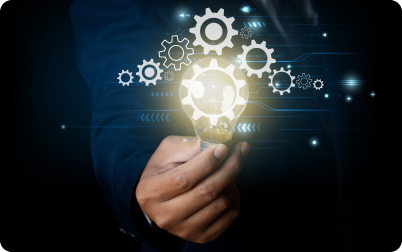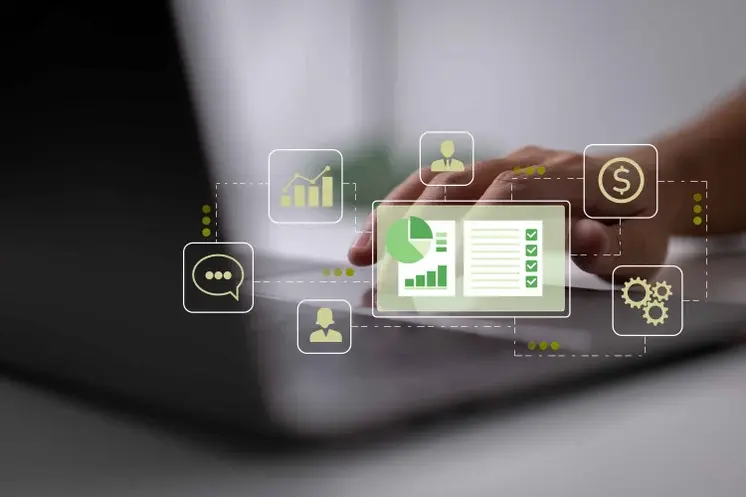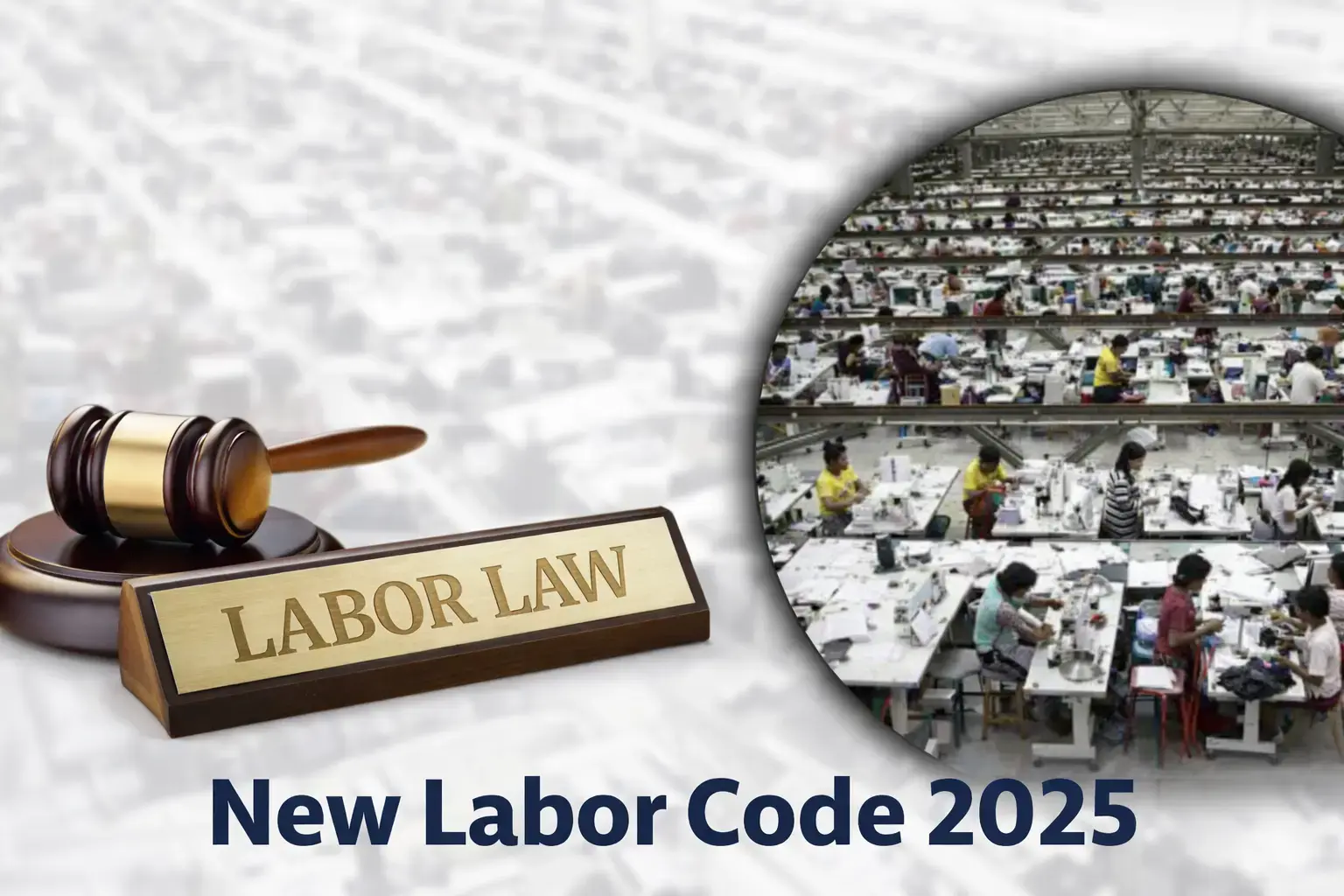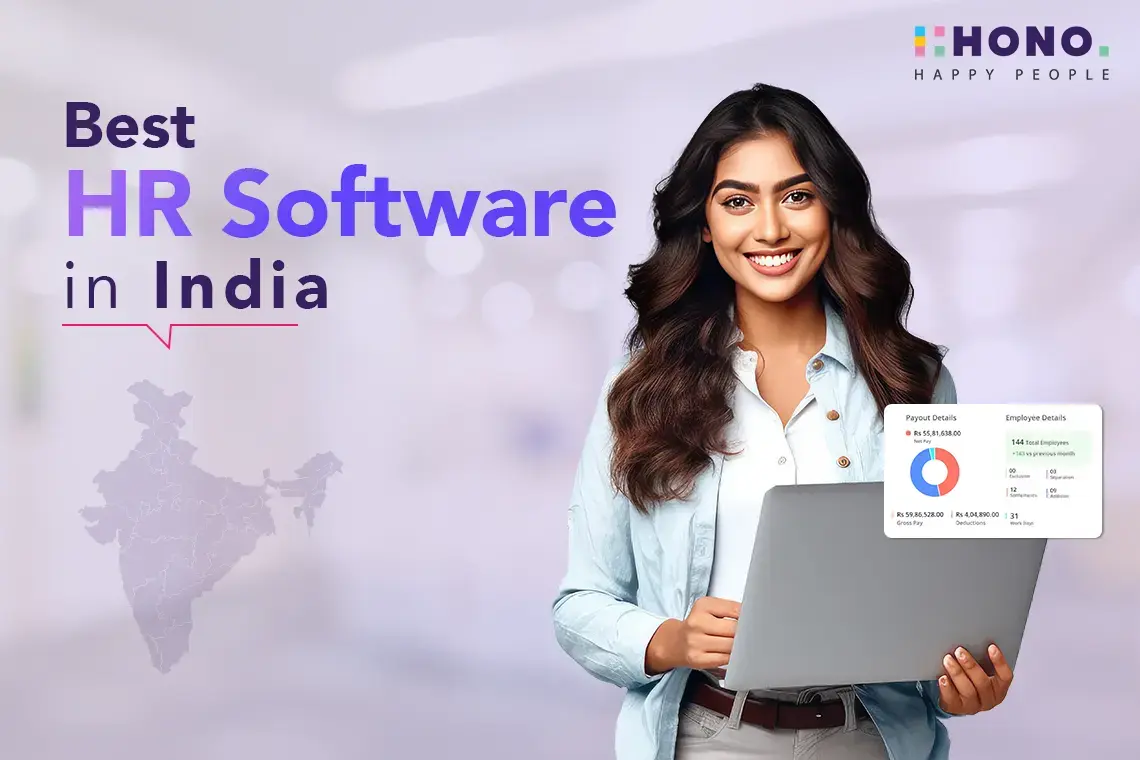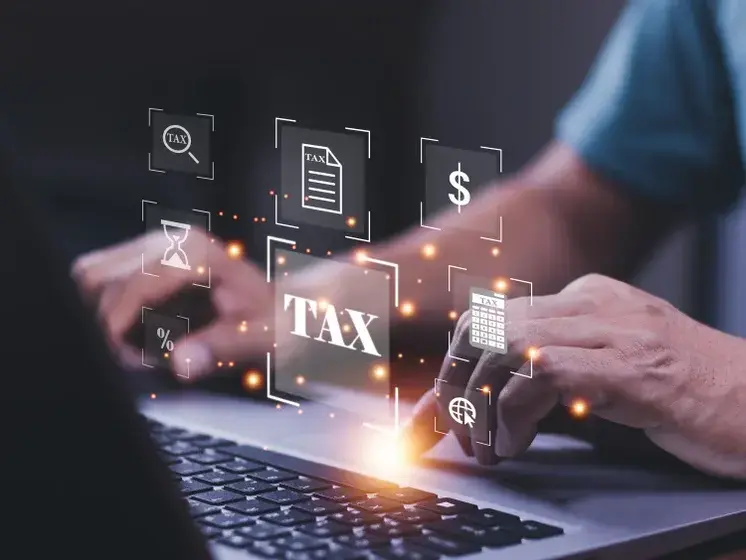Managing people has always been at the heart of every successful business. But with growing teams, changing laws, and the need for faster processes, many companies now rely on HR software to make things easier. If you’ve ever wondered what is HRMS software, it stands for Human Resource Management Software, a digital solution that helps businesses manage employee information, payroll, attendance, recruitment, and more in one place. In 2025, using HR software is no longer just an option; it has become essential for businesses that want to stay organized and efficient.
But how does HRMS system work exactly? It simplifies daily HR tasks by automating manual processes and connecting different functions like hiring, training, and performance management. Whether you are comparing HRMS vs HCM software differences or looking for tools that grow with your business, understanding the benefits of HRMS software can help you make the right choice. In this blog, we’ll explain everything you need to know about HRMS, how it works, and why it’s a valuable asset for businesses in 2025.
What is HRMS?
HRMS stands for Human Resource Management Software. It is a type of HR software that helps businesses manage all their employee-related tasks in one place. From storing employee records to managing payroll, tracking attendance, and handling recruitment, HRMS software makes these processes easier and more organized.
So, when people ask what HRMS software is, the simple answer is - it’s a tool that brings all HR activities together and helps businesses save time and reduce manual work. Some systems even go further by offering features like performance tracking and employee self-service portals.
Read Here: 5 Best HRMS Software in India
Why the HRMS System is Important
In 2025, businesses need faster and smarter ways to manage their workforce. That’s why HRMS software has become so important. It helps companies automate repetitive tasks, reduce human errors, and stay updated with changing rules and regulations. If you’re comparing HRMS vs HCM software differences, you’ll find that HRMS often focuses more on core HR functions like payroll, attendance, and compliance, while HCM may include broader talent management features.
The real benefits of HRMS software include saving time, improving accuracy, and giving HR teams more time to focus on people rather than paperwork. In short, an HRMS system helps businesses run smoother and keeps employees happier.
What are the common features of HRMS systems?
HRMS software comes with a variety of features designed to make HR tasks easier and more efficient. Whether you’re managing a small team or a large workforce, these features help streamline daily operations, improve accuracy, and save valuable time. Below is a table highlighting some of the most common and useful features found in modern human resource management software.
|
Feature
|
Description
|
|
Employee Information Management
|
Stores and manages employee records in one place.
|
|
Payroll Management
|
Automates salary calculations, tax deductions, and payments.
|
|
Attendance & Leave Tracking
|
Tracks employee attendance, shifts, and leave balances.
|
|
Recruitment Management
|
Simplifies the hiring process from job posting to onboarding.
|
|
Performance Management
|
Helps track and review employee performance and goals.
|
|
Training & Development
|
Manages employee learning and skill development programs.
|
|
Compliance Management
|
Ensures adherence to labor laws and tax regulations.
|
|
Employee Self-Service
|
Allows employees to update info, apply for leave, and view payslips.
|
|
Reporting & Analytics
|
Generates reports to help with decision-making and planning.
|
Read Here: 10 Most Common HRMS Modules & Features That Drive Impact
Benefits of using a Human Resource Management System
Using a Human Resource Management System can make a big difference in how smoothly your HR operations run. It helps businesses save time, reduce mistakes, and manage their people more effectively. Here are some key benefits of using HRMS software:
- It automates routine tasks like payroll, attendance, and leave management, saving HR teams valuable time.
- Reduces human errors in salary calculations, tax deductions, and compliance reporting.
- Helps businesses stay updated with labor laws and ensures legal compliance with ease.
- Makes it easier to track employee performance, set goals, and plan training programs.
- Improves employee experience by offering self-service options for leave, payslips, and updates.
- Provides detailed reports and insights to support better workforce planning and decisions.
What are the key Functionalities of an Ideal HR Suite?
An ideal HR software suite brings together all the tools a business needs to manage its workforce efficiently. From hiring to retirement, it covers every stage of the employee lifecycle. A good human resource management software system should offer payroll processing, attendance tracking, recruitment, performance management, and compliance support - all in one place.
It should also help businesses understand the HRMS vs HCM software differences by offering both core HR tasks and talent management features. Modern systems also include employee self-service, reporting, and mobile access to make HR processes smoother. By combining these functionalities, an ideal HR suite simplifies complex tasks and offers the full benefits of HRMS software to businesses of all sizes.
Read More: Key Characteristics of Human Resource Management
Finding the Right HRMS Software for Your Organization
Choosing the right HR software for your business can feel like a big task, but breaking it down into steps makes it easier. Here are some simple steps to help you find the best human resource management software for your needs:
- Understand your HR needs: List out the tasks you want to automate, like payroll, attendance, recruitment, or performance tracking.
- Check for key features: Make sure the software offers the important functions your team needs, such as compliance updates and employee self-service.
- Compare HRMS vs HCM software differences: Decide if you just need core HR tasks (HRMS) or a broader system with talent management features (HCM).
- Look at ease of use: Choose software with a simple and user-friendly design so your HR team and employees can use it easily.
- Check for integration: Make sure it can connect with your existing tools, like payroll systems or attendance devices.
- Ask about support and updates: Good HRMS software should come with customer support and regular updates to follow the latest rules.
- Request a demo: Always try the software before you buy it to see if it fits your business well.
Who uses HRMS Software?
HRMS software is used by businesses of all sizes, small companies, mid-sized firms, and large enterprises. HR teams use it daily to manage employee records, process payroll, track attendance, and handle recruitment. But it's not just for HR; managers use human resource management software to review performance and plan training, while employees use self-service features to check payslips, apply for leave, and update their details. HR software helps everyone in the company work more smoothly, from top management to new hires.
Ready to Simplify HR? Choose the Right HRMS Software
Investing in the right HR software can make a big difference in how your business manages its people. A good human resource management software system saves time, reduces errors, and helps you stay compliant with changing rules. Whether you are a small business or a large enterprise, using HRMS software can simplify daily tasks and improve the overall employee experience. Take the time to choose the right solution that fits your needs and if you’re ready to see how modern HRMS can help your business, consider scheduling a demo with HONO today.
Read more: How to Choose HR Software for your Workplace



